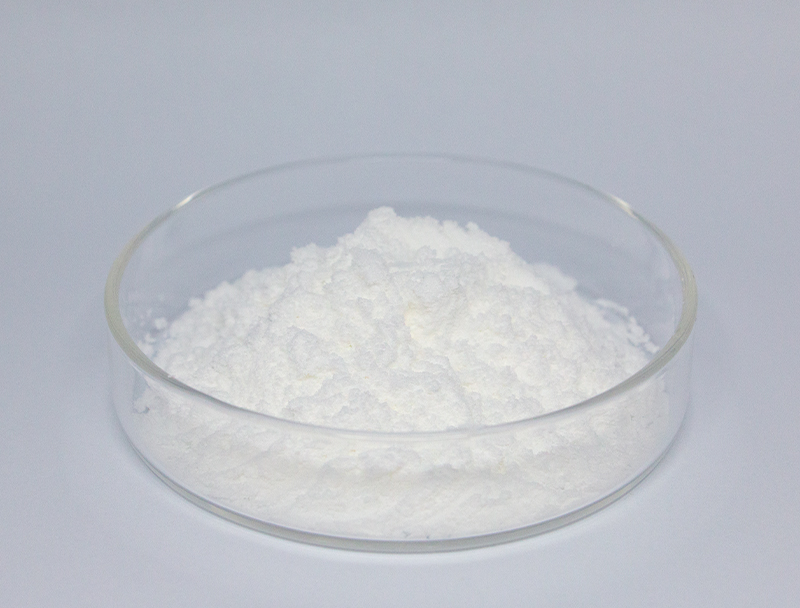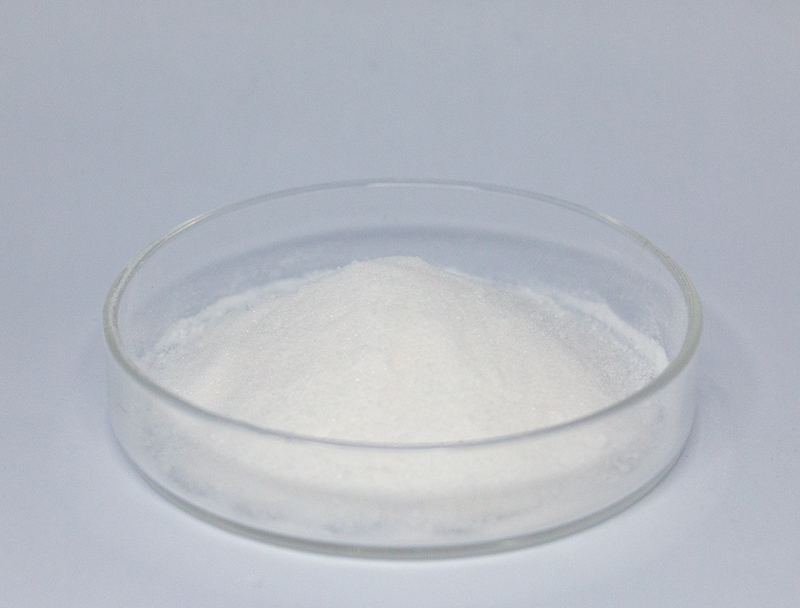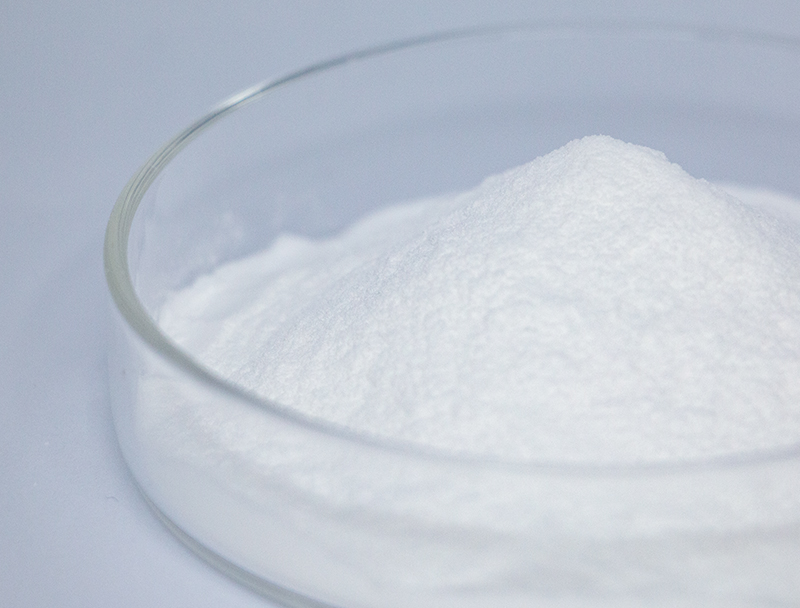
Industrial biosynthesis counts extensively on a substantial range of input materials for fabricating next-generation bio-products.
Guaranteeing long-term supply of raw inputs is vital for future-proofing and moral progress in biomanufacturing.
various risks tied to conventional feedstock acquisition like ecosystem disruption and unsustainable harvesting. Therefore, biomanufacturing companies must actively seek out alternative sourcing strategies to minimize their ecological footprint.
- Representations of ethical supply approaches are:
- Using repurposed agricultural residues as substrates
- Integrating recovery systems to shrink waste while improving throughput
- Forging alliances with neighborhood suppliers supporting green sourcing
Moving toward responsible sourcing creates ecological improvements and economic resilience.
Enhancing Biomass Composition for Superior Biofuel Results
Maximizing the efficiency of biofuel production relies heavily on the quality and composition of biomass feedstocks. Researchers repeatedly investigate innovative methods to enhance feedstock potential, leading to higher yields of biofuels and a more sustainable energy future. Tactics include molecular breeding to increase biomass and chemical or physical pretreatments to release sugars.
- Moreover, investigations target novel feedstocks like microalgae, municipal residues, and field residues to widen the pool of renewable biomass for biofuel use.
- By means of ongoing innovation the biofuel sector can achieve substantial advances soon, shaping a cleaner energy future.

Next-Generation Upstream Methods in Biopharmaceuticals
entails beginning production stages such as cell growth and biomass recovery Recent advances in this domain have led to improved production processes, ultimately increasing product yield.
Pivotal enhancements embrace high-performance cell lines, balanced media compositions, and intelligent reactor control systems. Such breakthroughs boost efficiency and simultaneously reduce manufacturing costs and carbon burdens.
- In addition, momentum toward nonstop processing offers improved flexibility and optimized operational flow.
- This move toward intelligent production systems is expected to reshape the industry and hasten drug development.

Molecular Editing Strategies to Increase Bioproduct Output
breakthroughs in precise gene modification systems have reshaped biopharma production. With exact genomic alterations, researchers improve host productivity for therapeutic manufacture. This approach holds immense potential for developing more efficient and affordable biopharmaceuticals to address a wide range of diseases.
Using Microbial Systems for Site-Specific Remediation
forward-looking microbial interventions for environmentally friendly decontamination. Specialized microbes can enzymatically degrade pollutants to reduced-toxicity products.. Utilizing microbial metabolism supports eco-friendly site cleanup methods that limit secondary harm from remediation.. Scientists are actively exploring a wide range of microbial species with diverse metabolic capabilities to target various pollutants, including heavy metals, pesticides, oil spills.. They can be integrated into bioreactor platforms or introduced in the field to stimulate microbial breakdown of hazardous compounds..
Microbe-based remediation provides compelling advantages over standard remediation methods. This route is often more affordable and reduces the formation of toxic residues. Furthermore, microbial solutions are highly specific, allowing for the remediation of particular pollutants without disrupting the broader ecosystem. The field of microbial biotechnology continues to advance rapidly, with ongoing research focused on improving the efficiency and effectiveness of bioremediation strategies.
Leveraging Bioinformatics for Novel Therapeutics
Computational tools have grown indispensable in the current drug discovery landscape. By leveraging complex datasets, bioinformatics expedites discovery and optimizes candidate safety and potency.
- Using extensive genomic, proteomic, and patient data, analysts discover targets and anticipate therapeutic performance.
- In addition, predictive simulations inform medicinal chemistry efforts to craft more efficacious drugs.
- To conclude, computational approaches are revolutionizing discovery and reducing time-to-patient for effective drugs.
Engineering Cellular Pathways for Improved Bioproduct Output
deploys several tactics to elevate cellular production of valuable biochemicals. Techniques span CRISPR-mediated edits to reshape pathways, synthetic control elements to fine-tune expression, and gene imports to grant new biosynthetic abilities.. Via targeted metabolic optimization researchers can meaningfully escalate production of desired biochemicals.
This comprehensive strategy could transform numerous sectors such as pharmaceuticals, farming, and renewable energy.

Scale-Up Challenges and Prospects for Biopharmaceuticals
Commercializing biopharma production involves significant constraints and promising benefits. A primary obstacle is ensuring uniform quality control as volumes rise. Meeting the need calls for dependable control systems, granular monitoring, and cutting-edge analytical methods.

Also challenging is the layered complexity of biomanufacturing encompassing numerous sequential steps.. Scaling optimization is a resource-intensive task that calls for substantial innovation and study.. Even so, the payoff can be large. Effective scale-up may expand patient access to therapies, cut unit costs, and improve margins.
Multiple programs focus on resolving scale-up difficulties. Examples include novel optimization technologies, predictive analytics for real-time control, and inventive production models.
- R&D initiatives significantly drive enhancements in manufacturing capacity.
- Government agencies are streamlining review procedures to permit quicker uptake of new production technologies and foster innovation.
Charting Regulatory Pathways for Biologics to Safeguard Patients
The development of biopharmaceuticals is a complex process that requires stringent regulatory Calcium Propionate oversight to ensure both patient safety and product efficacy. Biologically based treatments require tailored oversight and production controls beyond those for typical medicines.
Bodies like FDA and EMA shape the regulatory landscape and set benchmarks for evaluating innovative therapies..
Stringent experimental and surveillance testing occurs across the entire development-to-market continuum. These measures aim to identify potential risks and guarantee that biopharmaceuticals meet the highest levels of safety..
Additionally, regulators regularly update methods to match the pace of fast-moving biopharma innovations.. This includes embracing novel technologies and facilitating the development process while maintaining a commitment to patient well-being.

Evaluating Plant Biomass for Bioplastic Production
The trend toward sustainability stimulates development of renewable material technologies. Bioplastics derived from plant biomass provide a viable route to more sustainable plastic alternatives. Materials such as starch from corn, cellulose pulp, and sugarcane biomass are convertible into biodegradable polymers that lower plastic waste concerns.
In addition, certain bioplastics match performance of petroplastics, enabling broad applicability in multiple sectors.. Further innovation is required to mature plant-based bioplastics for broad adoption and circular economic models.
Biotechnology's Impact on Global Health and Food Security
Biotechnology equips researchers with methods to tackle health crises and bolster food availability. Applying targeted genetic edits, synthetic biology frameworks, and cellular therapeutics, practitioners produce measures to address infectious disease, boost harvests, and upgrade nutritional content.. As an example, crop genetic improvements for pest and stress resistance help boost production and cut dependence on chemical pesticides.. Similarly, biotech contributes advanced vaccines, antimicrobial strategies, and diagnostic techniques crucial for infectious disease management and health advancement.. As the field evolves, biotechnology is expected to play a pivotal role in shaping a healthier and environmentally sustainable future for all.
